What starts with ‘p’, plays hard to get, flirts with the intellectual and is the leading cause of headaches in the UK?
Ok maybe that last one is not true but there’s nothing like a puzzle or brain teaser to get us hooked.
So much so that we spend around 169 hours a year doing them – the equivalent of one week a year.
Many believe this average rose after the pandemic with people desperately searching for a distraction or mental stimulation while being stuck at home.
The rise of the addictive (and very profitable) five-letter teaser Wordle certainly added to this puzzling boom after it went from 90 players at the end of 2021 to millions by early 2022 when it was sold to The New York Times.
Two years later, it appears the craze has not gone away. In fact, in some cases, their popularity is doubling each year.
Rubik’s Cube competitions trebled since 2019
It is not just viral word games that have benefitted.
Some people have gone down a more retro route in the form of a colourful cube and in Aberdeen last year it made headlines.
The World Cube Association (WCA) – who govern competitions for mechanical puzzles such as the famous Rubik’s Cube – held its first event in Aberdeen in November.
Around 70 people attended the competition organised by Eleanor Sinnott a junior delegate with WCA.
After a marked increase in people clamouring to compete, Eleanor said WCA hope to bring more competitions to new areas in Scotland.
The number of competitions hosted by the organisation in 2023 doubled from 2022. And this only increased when comparing it to pre-Covid.
She said: “We had a massive increase after the pandemic, and we’re looking at about 300% more than in 2019.
“I think people were just so bored over the pandemic because there was such a surge in people taking up solving the Rubik’s Cube.”
Benefits from competing and puzzle-solving
Eleanor herself knows how addictive the activity can be.
The 19-year-old was given the puzzle by her dad around eight years ago and got hooked.
The student at the University of Strathclyde in Glasgow admitted when people find out about her role, they often think her some sort of “maths wizard” – not helped by her studying mathematics.
But in reality since first competing in 2016, alongside organising events, Eleanor enjoys attending competitions to beat her personal bests and catch up with friends.
“There’s just so many benefits,” she said.
“There’s such an element of dexterity. There is also a mental benefit. You’re using your memory, and your pattern recognition and so on.
“There’s also other categories of Rubik’s Cube solving like those blindfolded which is quite popular.
“That really improves your memory. You’ve got to memorize where the pieces are in order to solve it blindfolded
“And there’s a social element at competitions as well.
“You get to chat with people and we often have a lot of quite introverted, quiet, young children attend our competitions and that gives them an opportunity to practice interacting with friends.”
Barcelona to Aviemore: The tale of one Highland escape rooms
And it is not just the retro that is proving popular.
Escape Rooms – an activity made up of various puzzles and riddles – have spread across the country since taking off in the UK around 2014.
Peter Sturrock from Aviemore first came across the phenomenon in Barcelona – a city that has up to 200 escape rooms in and around the area.
At the time, he was working in cybersecurity for Skyscanner, but when he later wanted to open a unique business in Aviemore, the idea stuck.
Two and half years ago, he created Aviemore Escape Rooms.
So far Peter said the business has been very popular in the area with people of all ages and has offered a unique indoor activity for those visiting.
Especially when it first opened, escape room junkies – who had maybe visited more than 1,000 around the world- were travelling from all over to try the new venue.
He said: “You get people who have done hundreds of escape rooms and then you get a lot of people who have never done an escape room in their life before.
“You kind of need to have puzzles that are challenging for experienced people but also solvable for novices.”
Why are escape rooms and puzzles so popular?
A logical person himself, Peter said he found both the creating side and solving the puzzles really interesting.
But when asked to sum up why they can be quite addictive, he said: “I think solving a problem is difficult to explain why personally, you either enjoy it, or you don’t enjoy it.
“I think there’s a bit of a mystery around escape rooms because people don’t really know what they’re letting themselves in for.
“And then there’s the challenge of solving problems and a competitive aspect.
“You’ll get a group of people who go in and some people aren’t interested (e.g for a team building exercise).
“And then they go from being unengaged to being engaged as soon as they’re in the room because suddenly there’s a problem to solve.
“And I think one key thing is the kind of sense of achievement,
“You can see the joy on their faces, just because they finished what is a relatively simple set of puzzles. It does give people a sense of achievement that they don’t get with other things.”

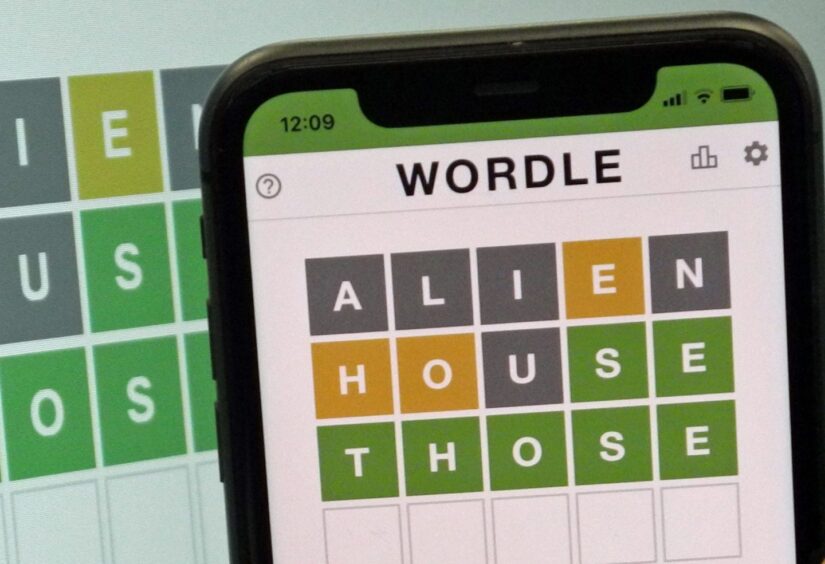
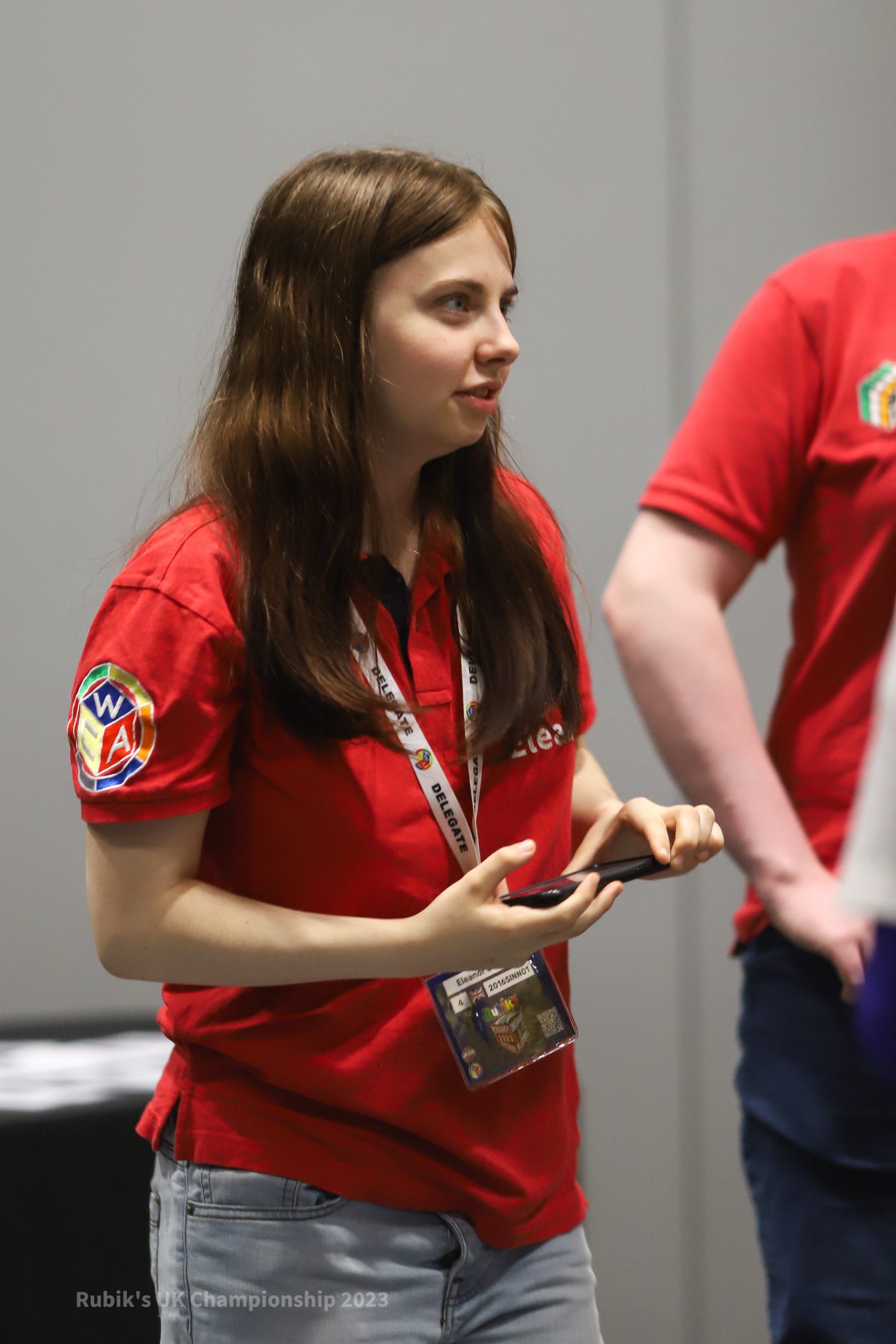
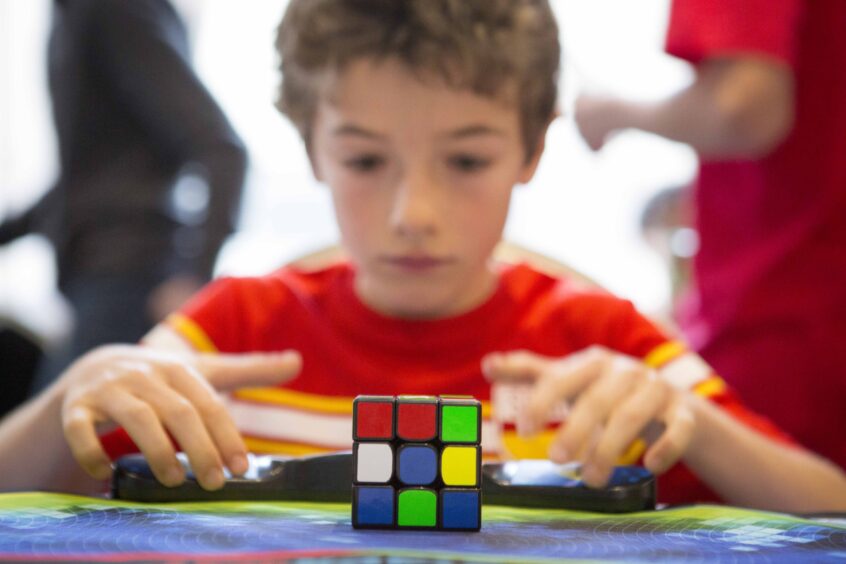
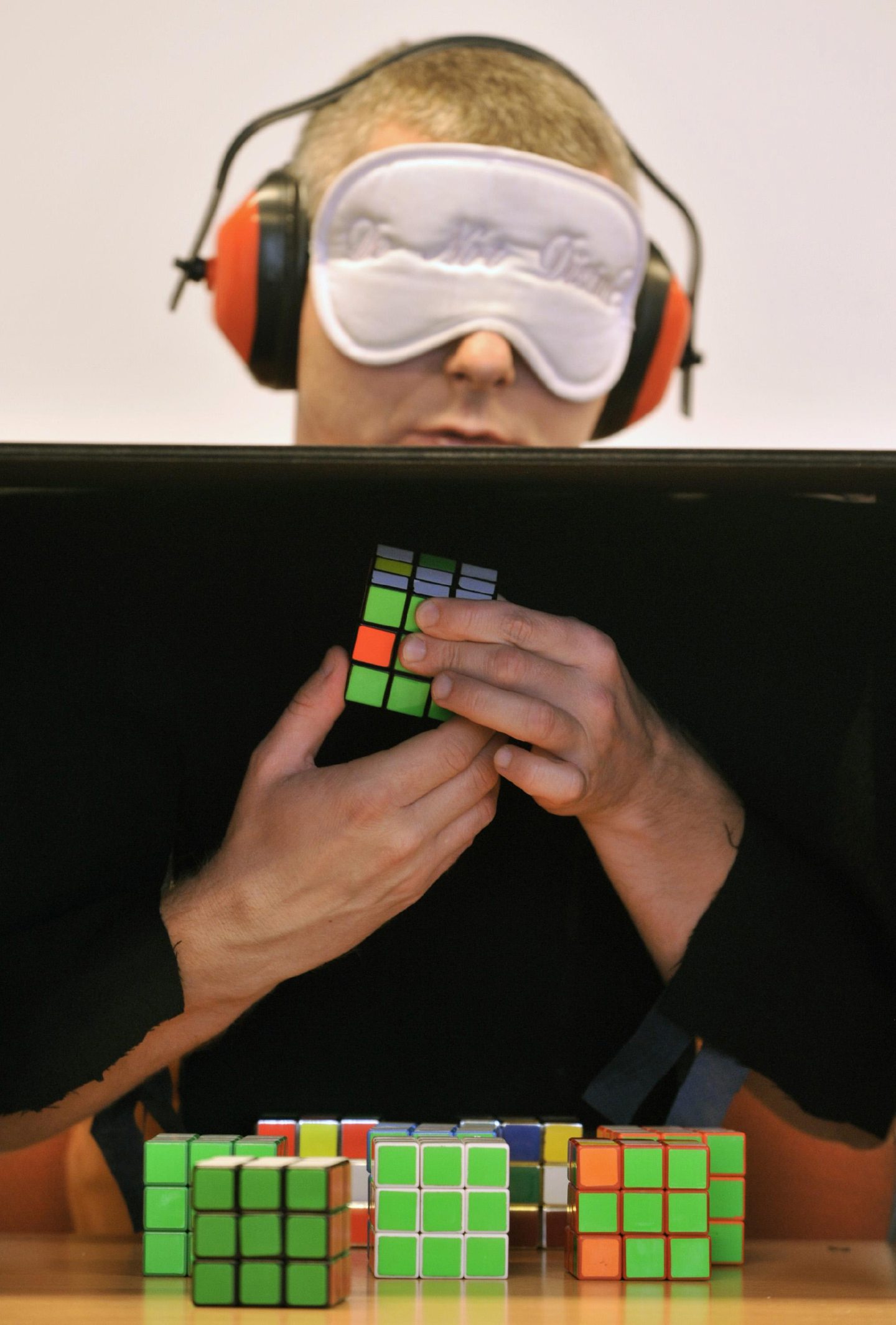
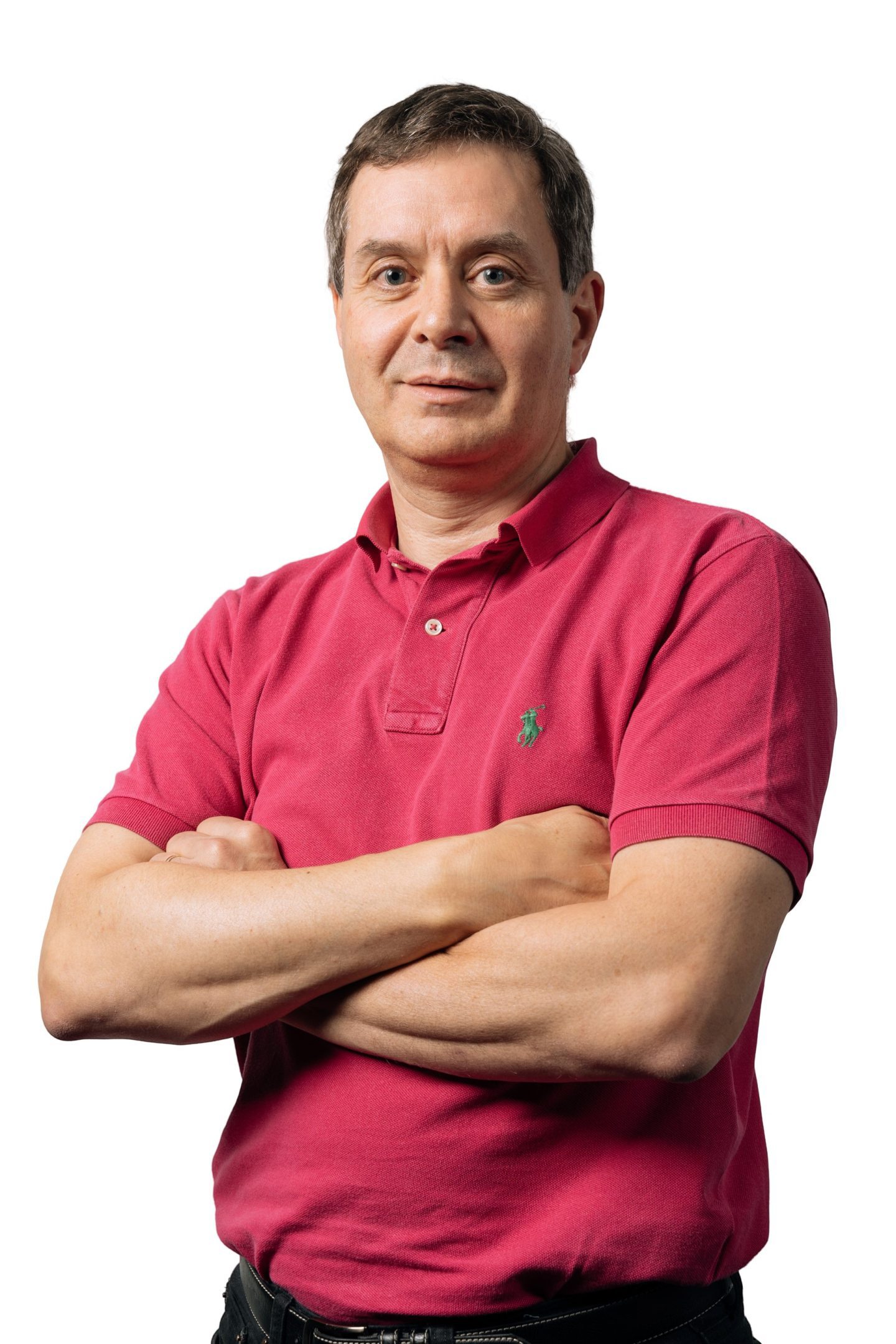
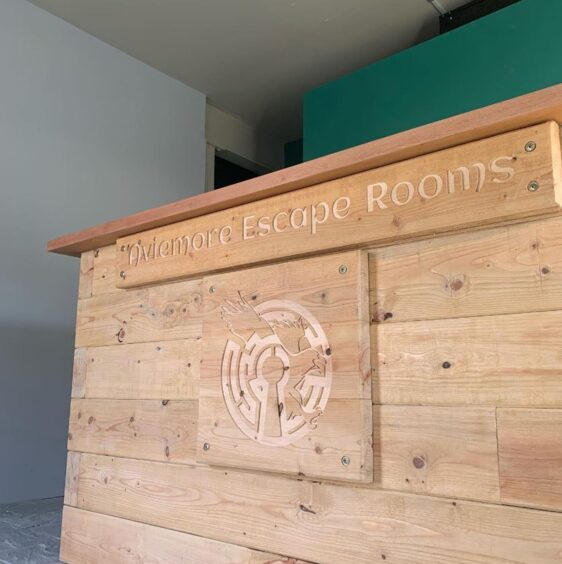
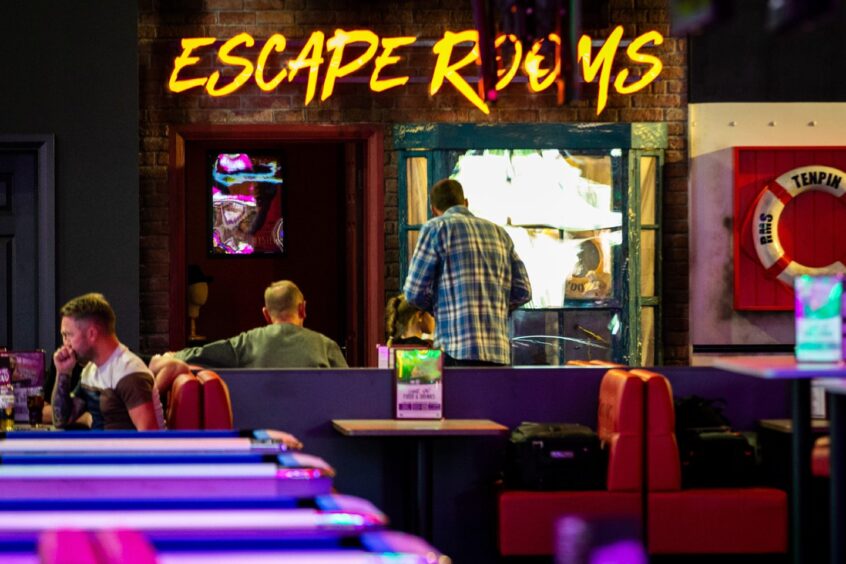
Conversation